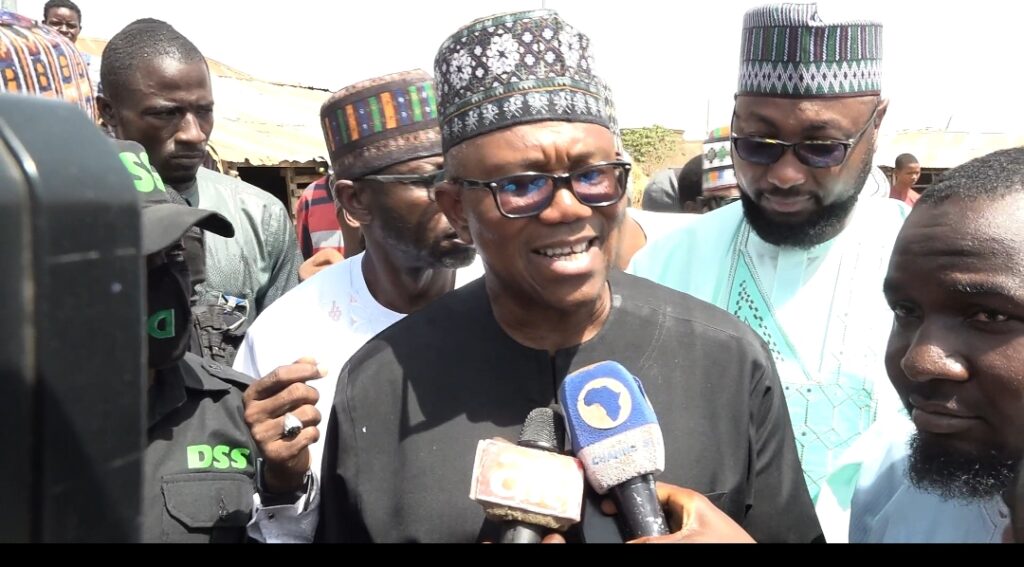
In a move that political analysts are calling a seismic shift in Nigeria’s regional dynamics, former presidential candidate and Labour Party leader Peter Obi has been conferred with the prestigious traditional title of Sarkin Maskan Pantami (Chief of Shelter and Peace of Pantami) by the Pantami District in Gombe State. The honor, bestowed by Mai Martaba Alhaji Yakubu Abdullahi, the District Head of Pantami, goes beyond ceremonial recognition—it serves as compelling evidence of Obi’s expanding influence and acceptance in Northern Nigeria, a region traditionally considered a stronghold for his political opponents.
The official conferment letter, obtained by our correspondent, directly links the honor to Obi’s “tireless humanitarian contributions and commitment to grassroots development” in Northern communities. “This appointment is made in recognition of your dedication and determination towards the development of our community,” the letter states, describing Obi as both a “friend of the people” and a “driver of peace.”
What makes this development particularly remarkable is the organic nature of Obi’s connection with Northern communities. Unlike many political figures who depend on elite endorsements, Obi’s relationship with the region has been built through tangible interventions—including borehole projects, support for Almajiri education, public sanitation initiatives, and youth empowerment programs—that have made a direct impact on daily life. In Pantami, a community-funded borehole has become so closely associated with the former Anambra governor that residents now commonly refer to it as “Peter Obi’s borehole.”
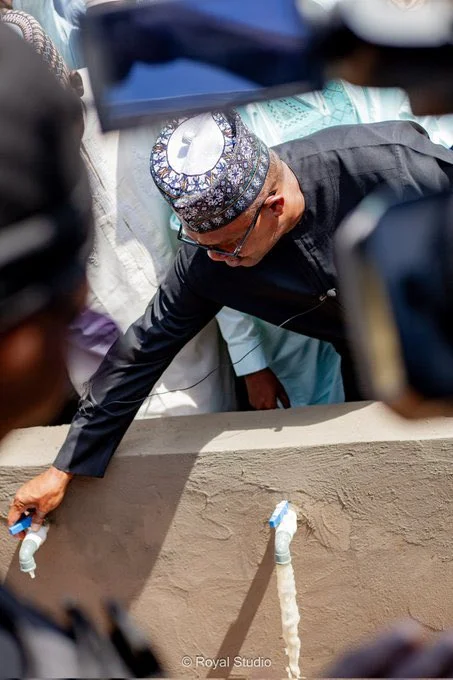
“Go to Pantami now, and people will tell you, ‘Go get water from Peter Obi’s borehole.’ This shows that the people have connected with him—not just politically, but on a human level,” said Dr. Tanko Yunusa, Global Coordinator of the Obidient Movement, who was also honored with the title Dan Maje Baba Pantami.
“Mr. Obi may not personally accept titles, but this one goes beyond tradition—it symbolizes unity and endorsement from a region many believed was beyond his reach,” Dr. Tanko added. He further stressed the significance of the moment: “This is real political symbolism. A respected Northern District is honoring a politician from the South-East. That speaks volumes about unity, respect, and shared vision.”
The conferment carries deep historical weight, given Nigeria’s long-standing regional, ethnic, and religious political divides. Obi’s title—accepted on his behalf by the Obidient Movement due to his personal principle of declining chieftaincies—signals a potential shift in political alliances.
The Labour Party candidate entered the 2023 presidential race as a relative newcomer and underdog but managed to secure 11 states and the Federal Capital Territory (FCT), amassing over 6.1 million votes despite facing significant anti-LP violence, particularly in Lagos and other APC strongholds. Analysts note that his inability to make substantial inroads in the high-voting regions of the North West and North East ultimately cost him the election—a gap he appears determined to close as the 2027 elections approach.
“This isn’t just a title; it’s a cultural endorsement of unity,” said Ibrahim Hussein Abdukarim, Director General of Big Tent Nigeria.
Abdukarim explained that while Obi himself may not be present to receive such honors, the Obidient Movement has decided to accept them on his behalf. “Instead of rejecting them outright, we have resolved to accept these titles in his name to demonstrate the depth of his acceptance across Nigeria. These honors serve as receipts—cultural expressions that say, ‘We love you, we support you, and we want to work with you.'”
He emphasized the cultural significance of the gesture: “When people offer you a gift, you don’t reject it. You accept it as a mark of respect to those offering it. This one is special—it comes from a respected Northern community honoring someone from the East. That’s powerful.”
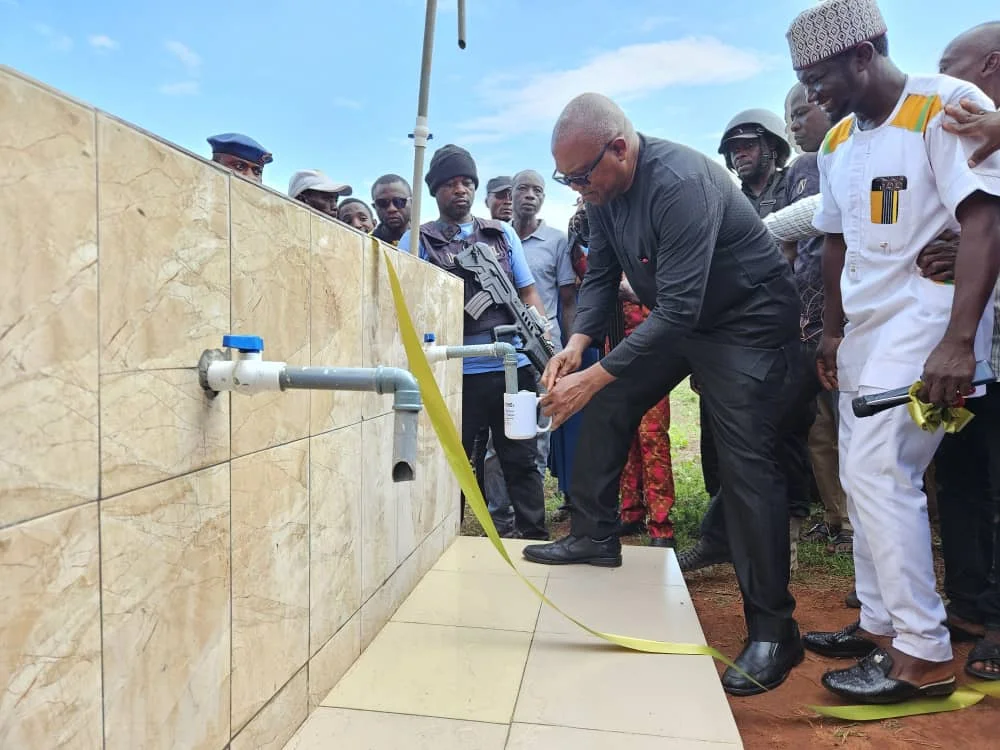
The development has major implications for Nigeria’s political future. Obi’s recent suggestion that he would be willing to serve only one term if elected—a rare stance in Nigerian politics—has resonated in Northern circles, where it is seen as a gesture of goodwill toward the region’s traditional emphasis on power rotation.
“Peter Obi isn’t clinging to power; he’s offering service,” remarked a youth leader in Gombe. “That sincerity is why even those who didn’t vote for him in 2023 are now paying attention.”
For the Obidient Movement, the Pantami honor represents both validation and strategic positioning. “We will no longer decline such titles,” Abdukarim stated. “They are receipts of national trust. When the people honor you, you honor them in return.”
Political analysts observe that Obi’s recognition in the North reflects a broader shift in voter priorities—from ethnic loyalty to pragmatic leadership. “This conferment is a statement,” said a source close to the Pantami District Council. “Peter Obi is becoming the bridge Nigeria has been waiting for.”
As the 2027 elections draw nearer, the symbolism of this recognition could reshape political strategies. One thing is clear: in communities once considered opposition strongholds, Peter Obi is no longer merely gaining acceptance—he is steadily gaining ground.
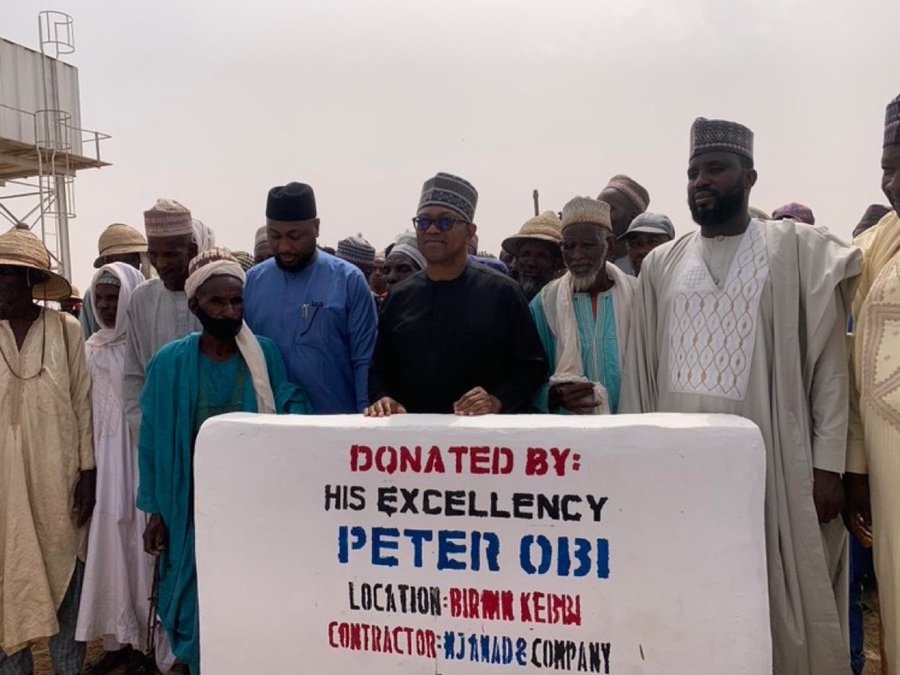





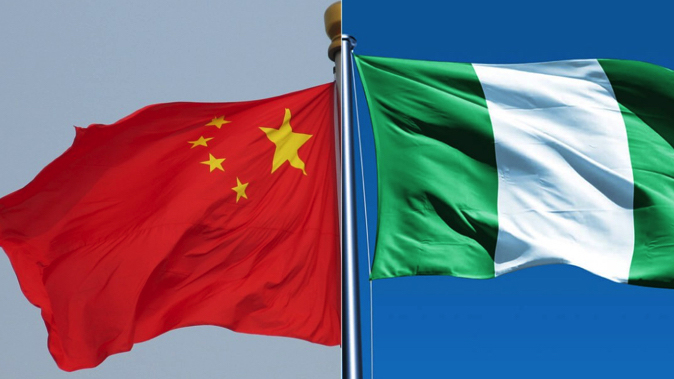
More Stories
EU Reaffirms Support for Credible, Inclusive Anambra Governorship Election
China Articulates a Global South Vision for Fairer Governance
China Deepens Economic Footprint in Nigeria as Bilateral Trade Nears $22 Billion